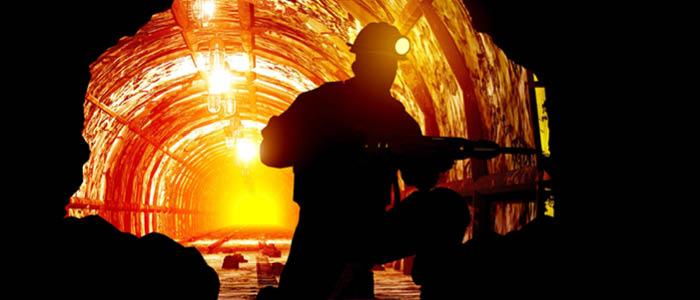The Estonian office of Glimstedt has appealed a victory by the Estonian government in the Tallinn Administrative Court involving a challenge to Estonian “fair compensation” regulations for artists.
In this matter, Glimstedt is representing three “collective societies” of authors, performers, and producers, who claim that Estonian regulations regarding the levies applied on traditional blank media have failed to keep pace with modern technologies, and thus violate EU Directive 2001/29 and Estonian national laws providing for “fair compensation.”
A Glimstedt press release explains that: "In Estonia such compensation has been provided mostly as levies on traditional blank media – audio and video cassettes, CDs and DVDs. However, remuneration limited to these media could be considered as fair only in the beginning of last decade. Today most of copyrighted material is copied to and by absolutely different digital media and devices – USB and memory cards, mobile phones with MP3, hard discs, set top boxes, etc. all of which clearly make it possible to make private copies. As a result, levies have been applied to these carriers and devices in many European countries. Therefore, the existing legal regulation in Estonia is completely out of date. This lack of fair compensation violates legal rights and legitimate interests of authors, performers and producers, undermines creative industries and reduces their economic input to national and European economy, and ruins these countries' cultural heritage."
Glimstedt's clients filed the initial action against the Estonian government in the Tallinn Administrative Court in the beginning of 2013. The court of first instance rendered its decision for the government in June 2014. Glimstedt has announced its plans to appeal that decision. Partner Priit Latt claims that the judgment "is a dangerous precedent which in case of entering into force will reduce the protection of copyright holders against arbitrary actions taken by the government."





























